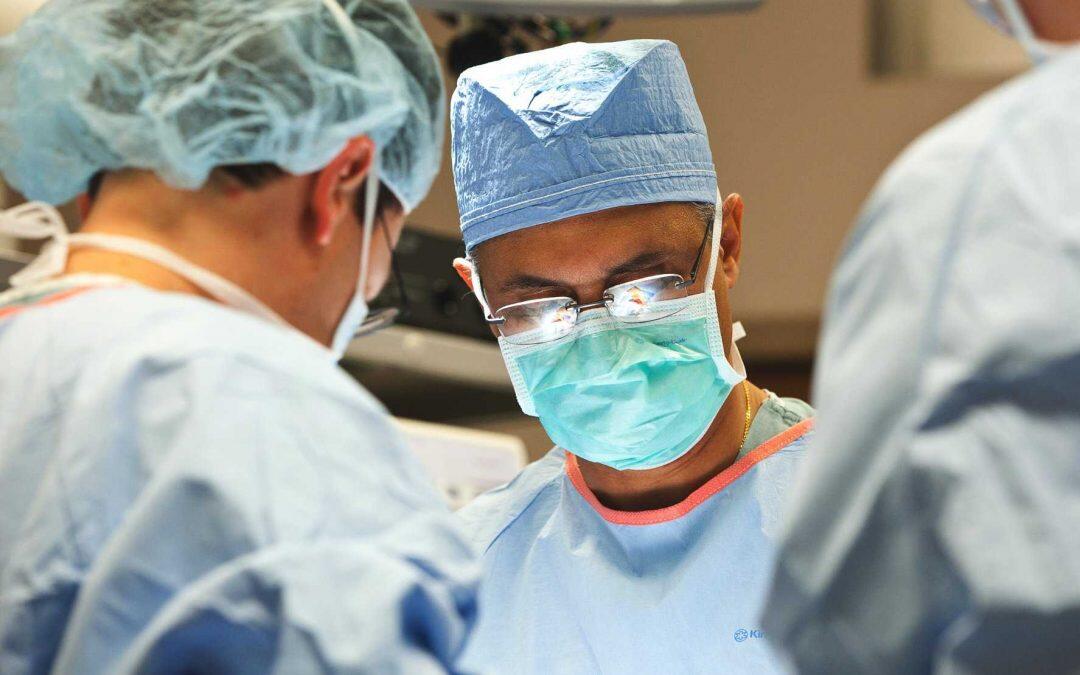Scientists discovered in Costa Rica a new antibiotic that is produced by a bacterium associated with ants and has properties to attack fungi that affect humans, researchers revealed Friday.
A scientific collaboration of experts from the University of Costa Rica (UCR), Harvard University and the University of Wisconsin allowed to find this new molecule called Selvamicina, call this way because it was discovered in the La Selva Biological Station, located in Sarapiqui, Heredia (north).
The Costa Rican researcher at UCR, Adrian Pinto, explained that the Selvamicina was identified from a bacterium associated with ants of the genus “Apterostigma” cultivating mushrooms for food.
The antibiotic consists of a structure similar to the A1 Nystatin and Amphotericin B, which are part of the list of essential medicines of the World Health Organization.
According to scientists, both substances have a high toxicity, so they seek alternatives to replace them.
“The benefit of this new discovery is that we have a new antibiotic, not its structure was known. It is less toxic because it is more soluble, its structure is different and apparently these bacteria have the ability to recombine their genes,” Pinto said.
The antibiotic has the ability to inhibit the growth of the fungus “Candida albicans”, a disease that causes infection, spots and itching skin level and mouth, which while not fatal, can seriously affect patients inmunosupresos.
“The Selvamicina is a fascinating molecule with potential as therapeutic antifungal agent. In our work at the Faculty of Medicine at Harvard us intrigued by the unusual chemical structure and its ability to kill fungi that cause serious infections,” said researcher at Harvard University Ethan van Arnam.
The discovery of the new antibiotic was achieved after many years of scientific research on ants in Costa Rica. The Selvamicina was located after performing bacterial isolates in 2013 on two anthills.
From now on the pharmaceutical industry must make a series of studies to assess whether it can eventually reach the market as a medicinal product and, if you pass this process is marketed and gives an economic benefit of those gains will be in Costa Rica.
“A long way from the stage where we are up to it can help people, however, already started the process still remains,” said Harvard scientist Jon Clardy.
According to experts, resistance to antimicrobial drugs is a global public health problem and the search for new molecules is essential and urgent.
Source: EFE











